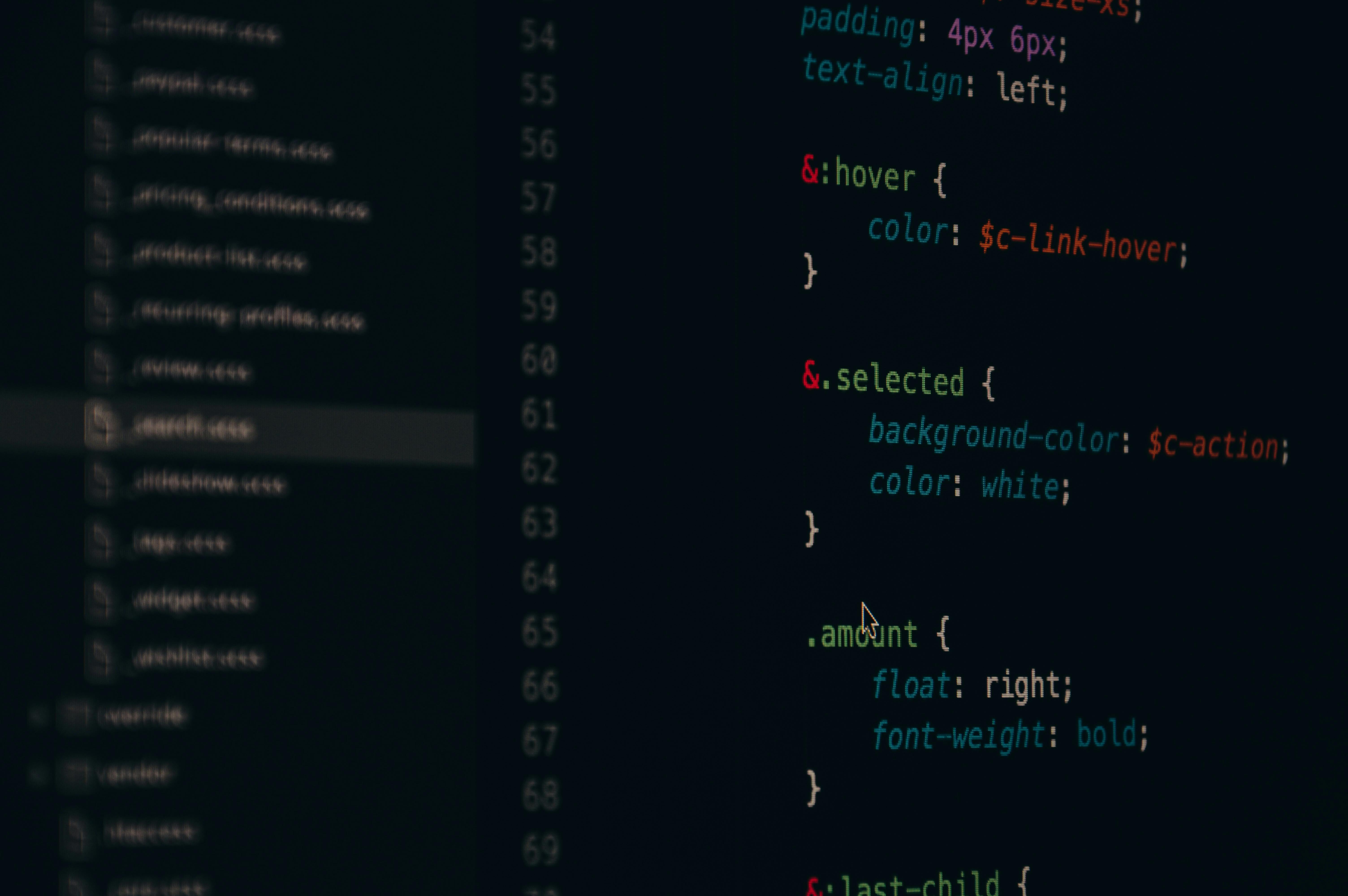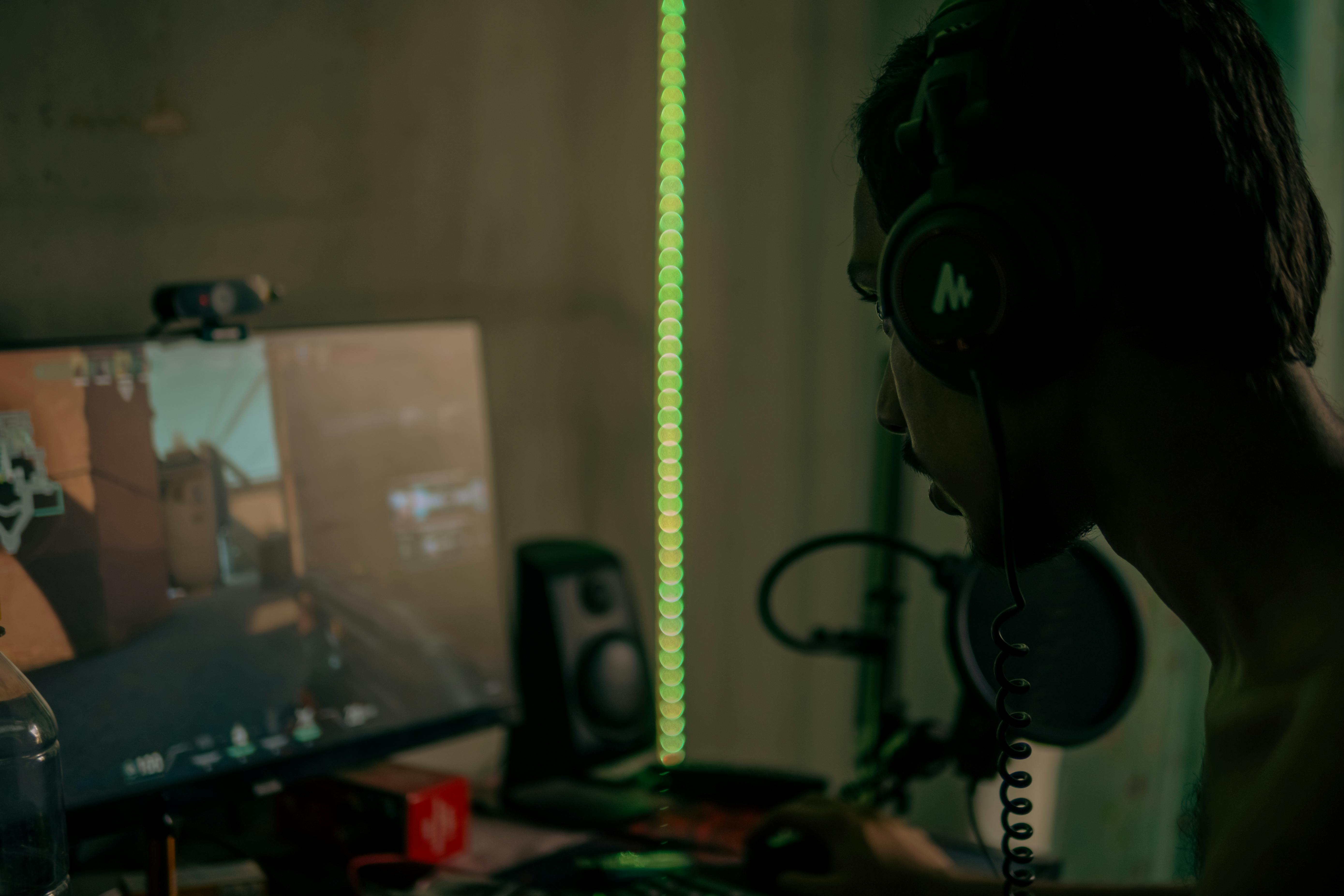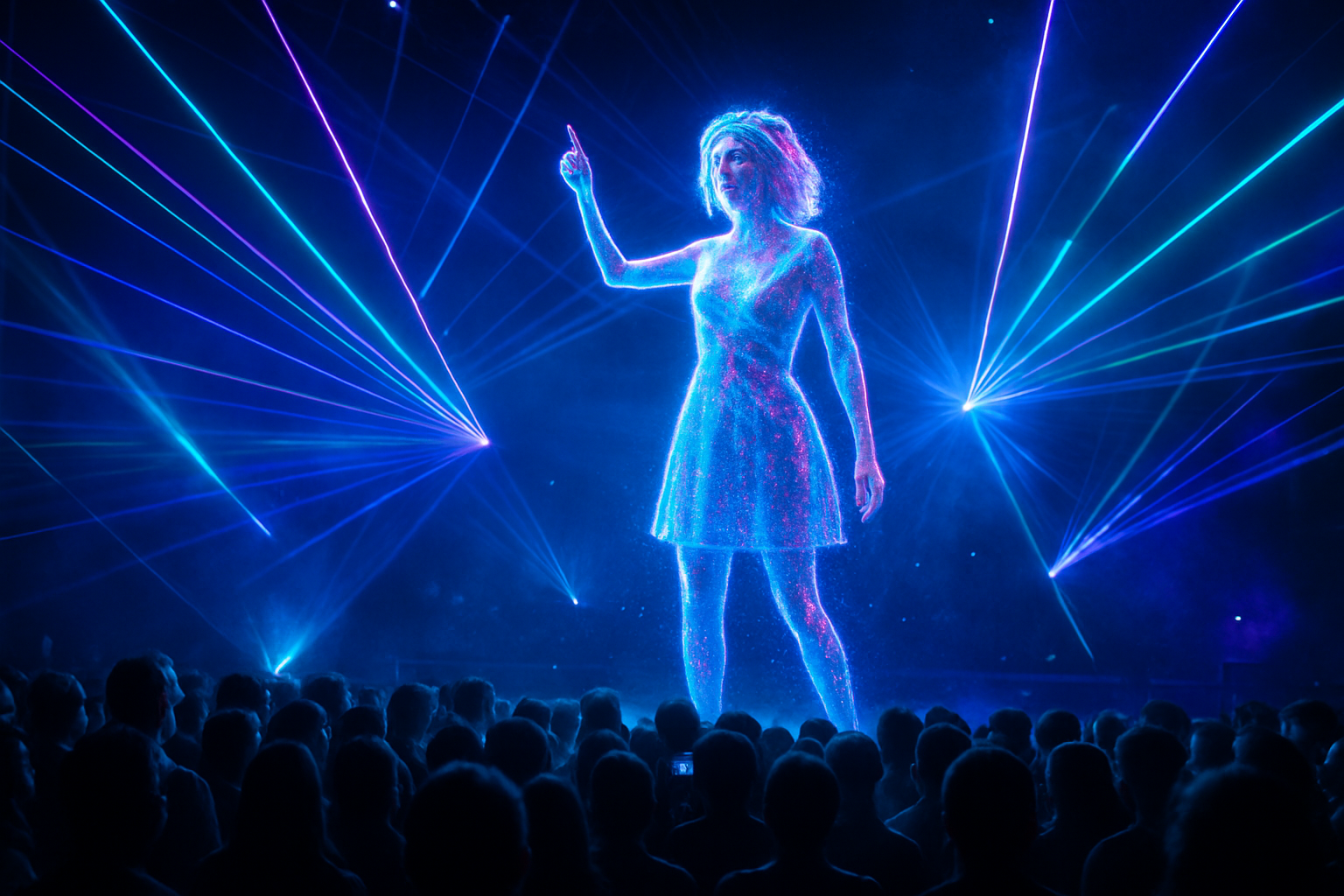Indie Devs Revolutionize Gaming with AI-Generated Assets
In a groundbreaking shift, independent game developers are harnessing the power of artificial intelligence to create stunning visuals, immersive soundscapes, and complex narratives. This innovative approach is reshaping the indie game landscape, allowing small teams to compete with AAA studios in terms of production quality and creative depth.

Democratizing Game Asset Creation
AI tools are leveling the playing field for indie developers by automating time-consuming tasks like texture creation, 3D modeling, and animation. This democratization of asset creation allows small teams to focus on unique gameplay mechanics and storytelling, rather than getting bogged down in resource-intensive asset production.
AI-Driven Narrative Experiences
One of the most exciting applications of AI in indie games is in the realm of storytelling. Advanced language models are being used to generate dynamic dialogue, create branching narratives, and even develop entire plot lines based on player choices. This technology is enabling indie developers to craft rich, reactive worlds that respond to player actions in unprecedented ways.
Procedural Generation 2.0
While procedural generation has been a staple of indie game development for years, AI is taking this concept to new levels. Machine learning algorithms are now capable of creating entire game worlds, complete with coherent ecosystems, believable NPC behaviors, and evolving storylines. This advancement is particularly impactful for open-world and sandbox games, where AI can generate near-infinite content.
Challenges and Ethical Considerations
Despite the exciting possibilities, the use of AI in game development raises important questions. Issues of artistic authenticity, potential job displacement, and the ethical use of training data are at the forefront of industry discussions. Indie developers are grappling with finding the right balance between AI assistance and human creativity.
The Future of AI in Indie Gaming
As AI technology continues to advance, its role in indie game development is likely to expand. From more sophisticated procedural generation to AI-assisted game design and testing, the potential applications are vast. This trend could lead to a new era of hyper-creative indie games that push the boundaries of what’s possible in interactive entertainment.
Community Response and Player Reception
The gaming community’s reaction to AI-generated content has been mixed. While many players are impressed by the scale and detail achievable through AI, others express concerns about the potential loss of human touch in game creation. Indie developers are working to strike a balance, using AI as a tool to enhance their creative vision rather than replace it entirely.
AI as a Collaborative Tool
Forward-thinking indie studios are viewing AI not as a replacement for human creativity, but as a powerful collaborative tool. By leveraging AI for certain aspects of development, human developers can focus on high-level design decisions, innovative gameplay mechanics, and emotional storytelling. This symbiotic relationship between human and machine is producing some of the most innovative games in the indie space.
The Economic Impact on Indie Development
The integration of AI into indie game development is having significant economic implications. By reducing the time and resources required for asset creation, AI is allowing indie developers to create higher-quality games with smaller teams and budgets. This efficiency could lead to a surge in indie game releases and potentially disrupt traditional game development and publishing models.
Adapting to the AI Era
As AI becomes more prevalent in game development, indie creators are adapting their skills and workflows. Many are learning to work alongside AI tools, developing new competencies in prompt engineering and AI model fine-tuning. This evolution in the indie dev skillset is creating a new breed of technologically savvy game creators who are equally comfortable with code and creative direction.
In conclusion, the integration of AI-generated assets in indie game development marks a significant turning point for the industry. As these tools become more sophisticated and accessible, we can expect to see a new wave of innovative, high-quality indie games that push the boundaries of creativity and technical achievement. The future of indie gaming looks brighter than ever, powered by the collaborative potential of human imagination and artificial intelligence.




